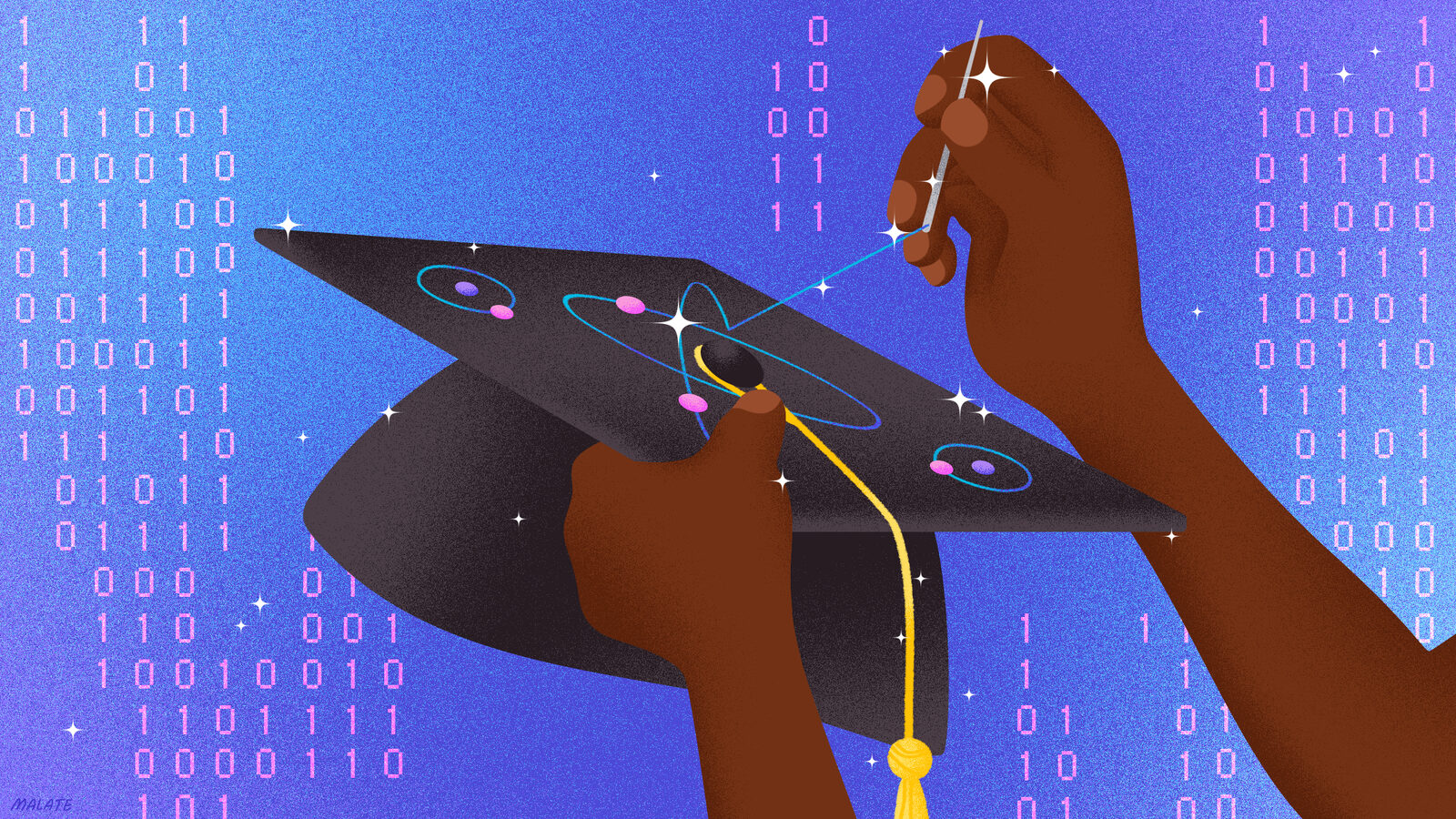Integrating Machine Learning into Physics Education

Machine Learning: A Game-Changer in Physics
Machine learning is transforming the landscape of physics research. As universities prepare students for advanced studies, understanding how to integrate these technologies is crucial.
Key Takeaways for Students
- Importance of Skills: Mastering machine learning techniques can provide students with a competitive edge.
- Curriculum Integration: Educators need to adapt courses to include practical applications of machine learning.
Conclusion
For new physics students, embracing machine learning is not just beneficial; it's essential for future success in the field. By fostering collaboration between disciplines, we can prepare the next generation of physicists to tackle complex problems using advanced technologies.
This article was prepared using information from open sources in accordance with the principles of Ethical Policy. The editorial team is not responsible for absolute accuracy, as it relies on data from the sources referenced.